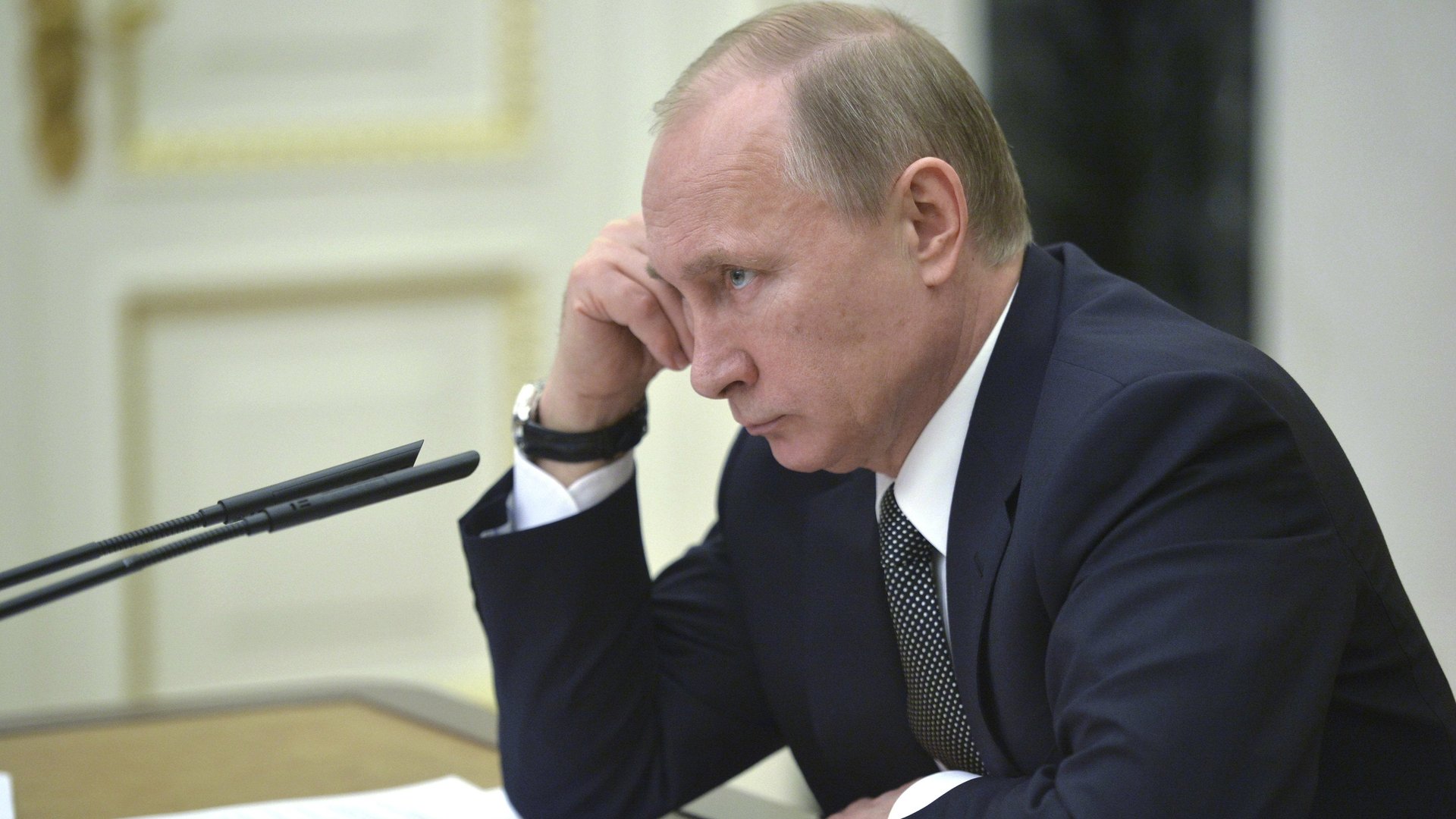Putin himself can prevent assassinations by genuinely forbidding them
Since opposition leader Boris Nemtsov was shot dead near the Kremlin, one key mystery has been who paid for the hit. The other has been who in the Kremlin gave the nod that it could proceed.


Since opposition leader Boris Nemtsov was shot dead near the Kremlin, one key mystery has been who paid for the hit. The other has been who in the Kremlin gave the nod that it could proceed.
Experts say that, generally speaking, no Russian gang will take on a contract for a high-society murder absent a green light from the Kremlin; the reason is that even organized crime doesn’t want to get cross-wise with president Vladimir Putin. So it’s been presumed that the paymaster in the Feb. 27 Nemtsov assassination managed to obtain such permission.
But what if in this case, no consent was sought?
Others have raised the idea of a perceived assassination “order” from above. That Putin in a way has left his critics exposed to such violence by branding them “national traitors” and “fifth columnists.” Some critics themselves have perceived Putin’s words exactly this way, Joshua Yaffa reported in The New Yorker last March.
But the nuance is important. It is one thing to convey a motivational signal to ordinary hotheads. It’s quite another to do so in a way that the professionals—those in the business of liquidating inconvenient and wayward parties—understand as assent.
So is the latter what happened in Nemtsov’s case? As we’ve said previously, high-society murders—those of prominent journalists and political critics—have gone wholly unsolved under Putin; no paymaster has ever been charged nor even identified.
Partly because of his thuggish demeanor, in addition to the impunitive way that such murders have occurred on his watch, Putin holds the distinction of being the sole major world leader widely regarded to be a killer. Hardly discouraging such talk, Putin has seemed to revel in it.
Putin has ordered police to solve the Nemtsov case and otherwise work to “be rid of” the murder of high-profile Russians. But almost no one expects to learn the paymaster’s name.
Yet was this another sort of Putin signal—one clarifying to the underworld that he did not intend to green-light Nemtsov’s shooting? And that such actions are now forbidden? Again, we cannot know. But if not, Putin should do so. The unmistakeable signal can come only from him.